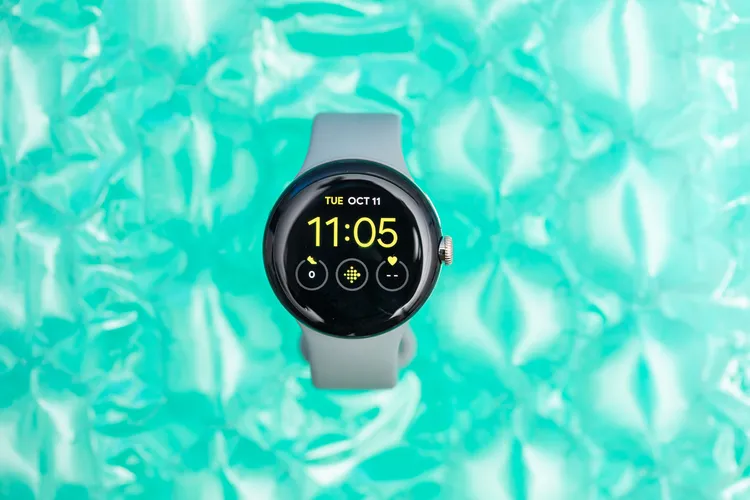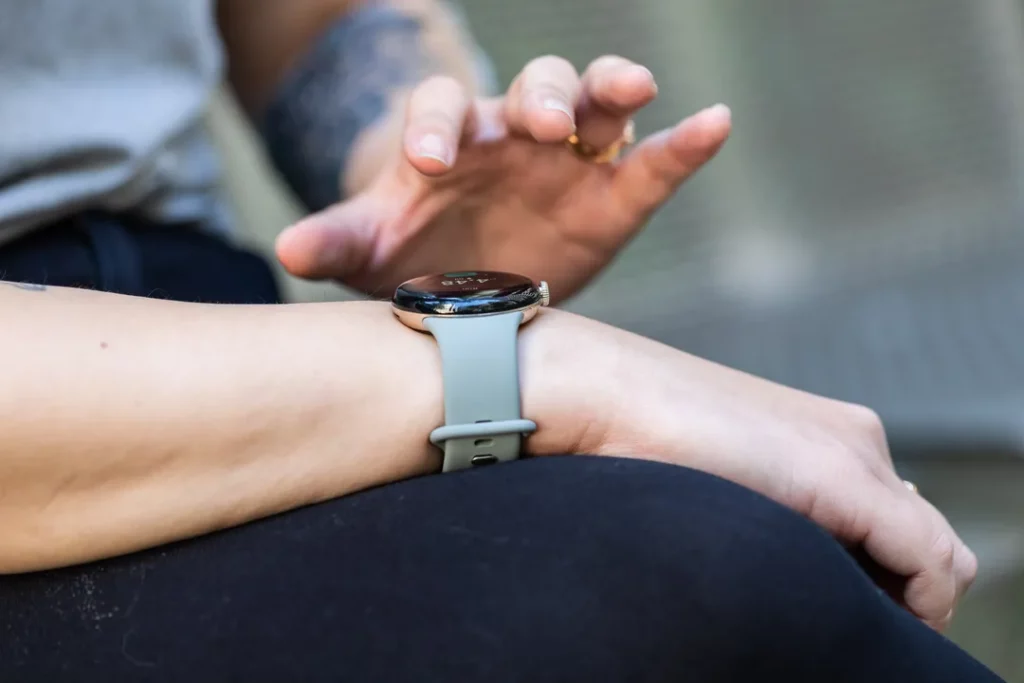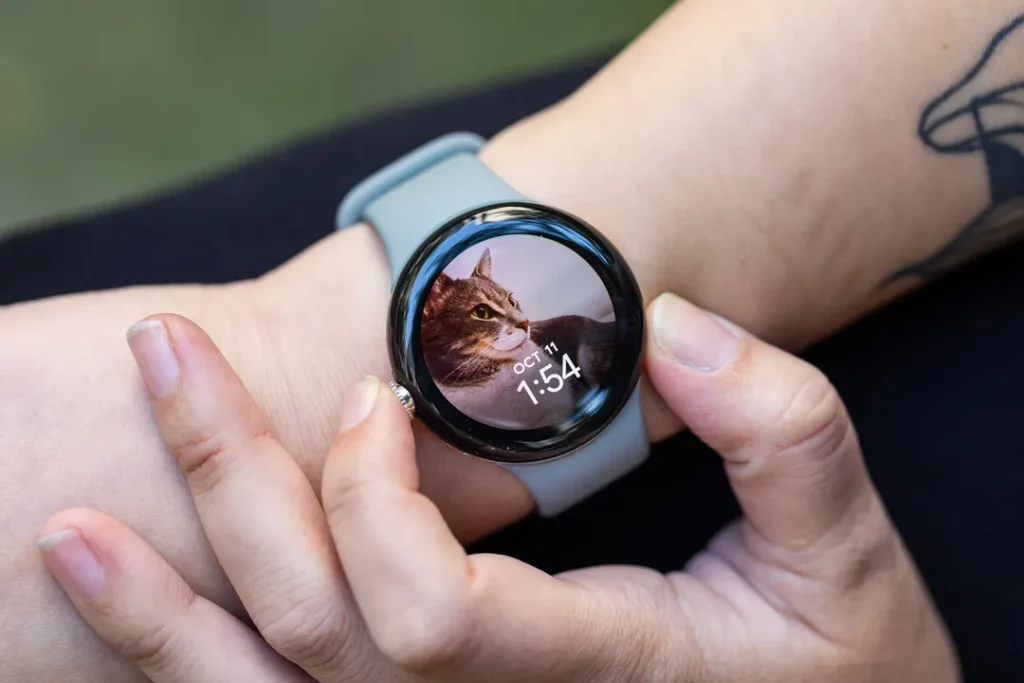In the fast-evolving world of smartwatches, established giants like Apple and Samsung have set the bar high with their iterative releases, refining their offerings year after year. However, as a newcomer to the smartwatch arena, Google has a unique opportunity to make a significant impact.
The Pixel Watch 2, set to be unveiled on October 4th, carries the weight of expectation, and its success or failure could reshape the landscape of Android smartwatches.

Learning from the past
The first-generation Pixel Watch faced criticism, particularly in areas like battery life and feature differentiation. While some of these issues were addressed through software updates, the Pixel Watch 2 needs to demonstrate that Google not only listened to user feedback but also proactively addressed the known issues. The sophomore release must focus on improving battery life, expanding health features, and delivering a better overall user experience.
The competition landscape
Google enters a crowded Android smartwatch market, where Samsung has long been the de facto leader. Samsung’s solid products, coupled with the fragmented nature of the competition, have propelled its success. Fossil’s design-centric approach, Garmin’s niche in outdoor sports, Mobvoi’s loyal TicWatch fanbase, and the challenges faced by Huawei due to trade bans have all contributed to Samsung’s dominance.

Google’s unique position
Unlike Apple or Samsung, Google does not need to revolutionize the smartwatch industry to gain excitement around the Pixel Watch 2. Instead, it must be noticeably better than its predecessor. While Samsung and Google have abandoned the iOS user base with their Android-only Wear OS watches, the real competition is within the Android ecosystem, which remains highly fragmented.
The Play Store advantage
One of Google’s advantages is its success in convincing third-party manufacturers to adopt Wear OS. Xiaomi, for instance, recently switched to the platform, highlighting the allure of the Play Store. Google’s efforts to encourage third-party app developers to embrace the ecosystem are also noteworthy. As long as the Pixel Watch 2 delivers a compelling experience, it will apply pressure on Samsung to innovate further.
What to expect
As we anticipate the Pixel Watch 2’s unveiling, expectations are high. While thinner bezels and design improvements would be welcome, Google’s focus should be on refining the fundamentals. It needs to demonstrate that it can deliver a similar experience to Samsung’s Galaxy Watch 6, which currently sets the standard for Android smartwatches.

Conclusion
The Pixel Watch 2’s launch on October 4th marks a crucial moment for Google in the smartwatch market. Its success has the potential to disrupt the dominance of established players like Samsung. While it may not dethrone them overnight, it can certainly make the competition more intense. On the other hand, a flop would only add to the perception of Google as a company with big ideas but inconsistent execution. As the smartwatch battle intensifies, all eyes are on Google to see if it can deliver a game-changing device that captures the hearts of Android users.







